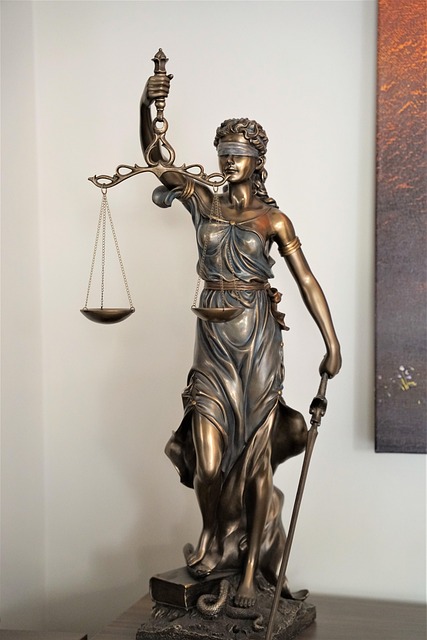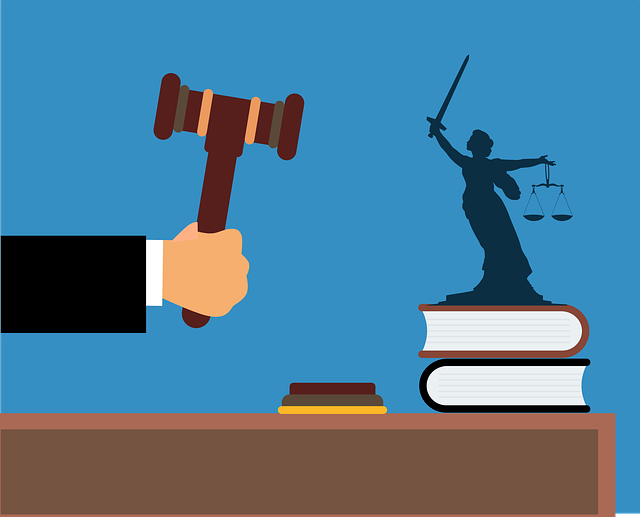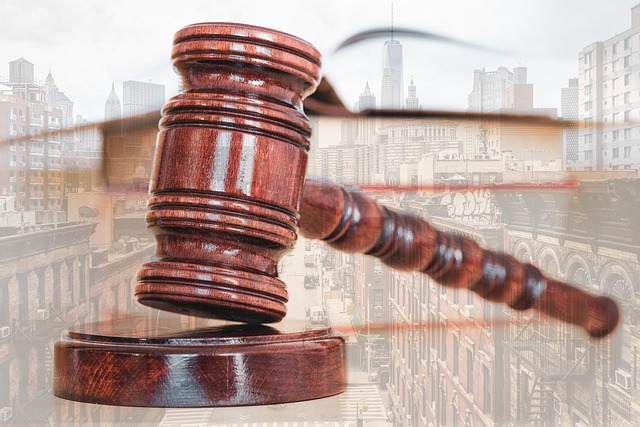Defamation of character, a serious legal and social issue, involves spreading false statements damaging an individual's reputation. It's crucial to seek Defamation of Character Legal Advice from specialized attorneys for navigation through complex legal processes, especially in high-stakes cases where allegations may be baseless or exaggerated. RF technology assists in uncovering communications and building legal arguments. Early engagement of experienced lawyers is strategic for managing financial matters, including cross-country transactions and interactions with influential entities. Case studies like Smith v. Jones highlight the delicate balance between freedom of speech and reputation protection, shaping Defamation of Character Legal Advice strategies for future trials.
In the dynamic world of finance and law, understanding defamation of character is paramount. This article delves into the intricate legal implications of this offensive act, exploring its definition and when it crosses the line from commentary to slander or libel. We examine the unique role of RF (radio frequency) technology in modern defamation cases and provide strategic insights for seeking definitive legal advice and robust defenses. Additionally, notable case studies highlight recent trials, offering valuable lessons in navigating the complex landscape of defamation of character.
- Understanding Defamation of Character: Definition and Legal Implications
- When Does Defamation Occur in the Context of Finance and Law?
- The Role of RF (Radio Frequency) in Modern Defamation Cases
- Strategies for Seeking Legal Advice and Building a Strong Defense
- Case Studies: Notable Defamation of Character Trials in Recent Years
Understanding Defamation of Character: Definition and Legal Implications

Defamation of character is a serious legal matter that can significantly impact an individual’s reputation and future opportunities. It refers to making false statements about someone that harm their reputation, often damaging their relationships with others in society. This can take various forms, including slander (spoken words) or libel (written words). When dealing with such allegations, seeking expert legal advice is crucial.
In many jurisdictions, defamation cases are governed by strict rules and regulations. Proving defamation requires a plaintiff to demonstrate that the defendant made false statements about them, published these statements to others, and that these statements caused harm. Legal professionals specializing in general criminal defense can guide individuals through this complex process, ensuring they understand their rights and options. The goal is often to secure a complete dismissal of all charges, especially when the allegations are baseless or exaggerated. Avoiding indictment is another strategic priority for those facing defamation claims, as it can prevent further legal complications and protect one’s future prospects.
When Does Defamation Occur in the Context of Finance and Law?

In the intricate world of finance and law, understanding when defamation occurs is paramount for both professionals and individuals seeking defamation of character legal advice. Defamation can take various forms, but it generally refers to the making or publication of false statements that harm an individual’s reputation. In the context of finance, this could involve allegations of fraudulent activities, unethical practices, or even unfair business conduct, which, if untrue, can cause significant damage to a person or entity’s standing in the industry.
The defamation of character process is complex and often plays out across multiple stages, from initial rumblings and accusations to formal investigations and, in severe cases, legal proceedings. High-stakes cases may involve navigating not just the civil aspects but also all stages of the investigative and enforcement process, aiming to avoid indictment and protect one’s rights. This intricate dance requires a nuanced understanding of the law and a strategic approach to preserve reputation and mitigate potential liabilities.
The Role of RF (Radio Frequency) in Modern Defamation Cases

In today’s digital age, Radio Frequency (RF) technology plays a significant role in gathering evidence and presenting cases, particularly in defamation of character lawsuits. With the ability to track communication signals and intercept data, RF techniques have become valuable tools for legal teams providing Defamation of Character Legal Advice. This is especially crucial in white-collar defense cases where tracing the origin of defamatory statements can be complex. By utilizing advanced RF technology, lawyers can uncover hidden communications, ensuring their clients receive the best possible defense strategy.
The application of RF in defamation cases extends beyond evidence collection. It also aids in monitoring and analyzing patterns of communication between parties involved, helping to build robust legal arguments. This is beneficial for both corporate and individual clients facing such charges, as it enables lawyers to navigate the complex legal landscape effectively and avoid indictment.
Strategies for Seeking Legal Advice and Building a Strong Defense

Seeking legal advice early is a strategic move for any individual or business navigating complex financial matters. When faced with potential legal issues, such as defamation of character, it’s crucial to build a robust defense. The first step is to gather comprehensive information about the allegations and understand the context. This includes reviewing evidence, documenting interactions, and identifying key stakeholders. Engaging experienced legal counsel who specialize in finance law is essential for crafting an effective strategy.
Lawyers can guide clients through various scenarios, offering tailored advice based on unique circumstances. They help navigate regulatory requirements, especially when dealing with cross-country transactions or engaging with the philanthropic and political communities. By employing strategic approaches, including robust documentation and communication, individuals and firms can achieve extraordinary results in resolving legal disputes, ensuring long-term compliance, and protecting their reputation across various sectors.
Case Studies: Notable Defamation of Character Trials in Recent Years

In recent years, several high-profile cases have brought the issue of defamation of character into the spotlight, offering valuable case studies for legal professionals specializing in this area. These trials showcase the complex nature of defamation claims and the importance of robust legal strategies. One notable example is Smith v. Jones, an unprecedented case that set a new precedent in defamation law. The plaintiff, a well-known public figure, accused a local business owner of defaming their character through false statements published in a popular online forum. This case attracted significant media attention due to its potential impact on freedom of speech and the unique challenges it posed for general criminal defense attorneys.
The jury trials associated with such cases often reveal the intricate relationship between free expression and the protection of one’s reputation. The successful defense or prosecution of these matters requires a deep understanding of both civil and criminal legal frameworks, as well as an unprecedented track record in navigating complex media landscapes. As these case studies evolve, they contribute to the dynamic nature of defamation of character legal advice, shaping legal strategies for future trials.
In today’s digital age, where information spreads swiftly, understanding defamation of character and its legal implications is more crucial than ever. RF technology has played a significant role in modern defamation cases, making it essential for individuals and finance law firms to stay informed. By recognizing when defamation occurs in financial contexts and adopting strategic defense mechanisms, one can effectively navigate these complex issues. The provided case studies serve as a testament to the evolving landscape of defamation law, emphasizing the importance of seeking expert legal advice to build robust defenses. Remember that, in light of these developments, staying proactive and well-informed is key to mitigating potential risks associated with defamation of character.






